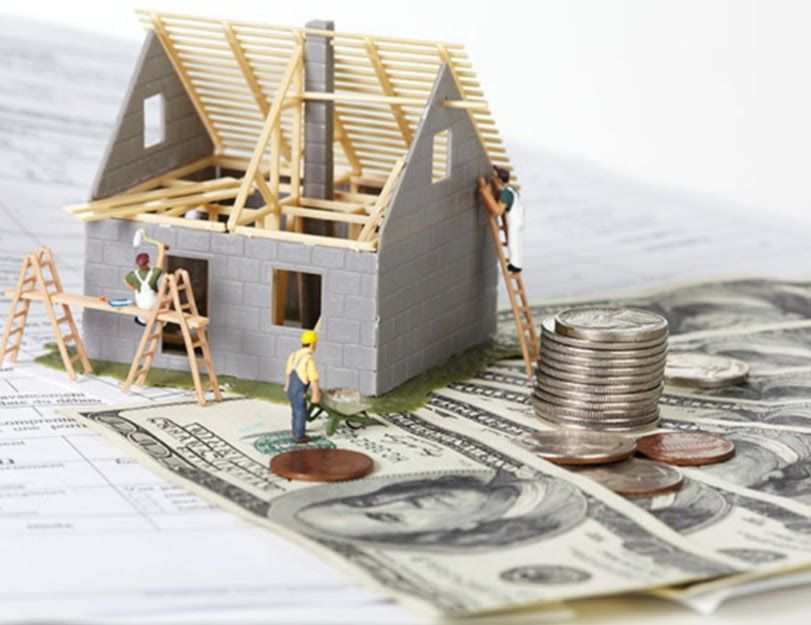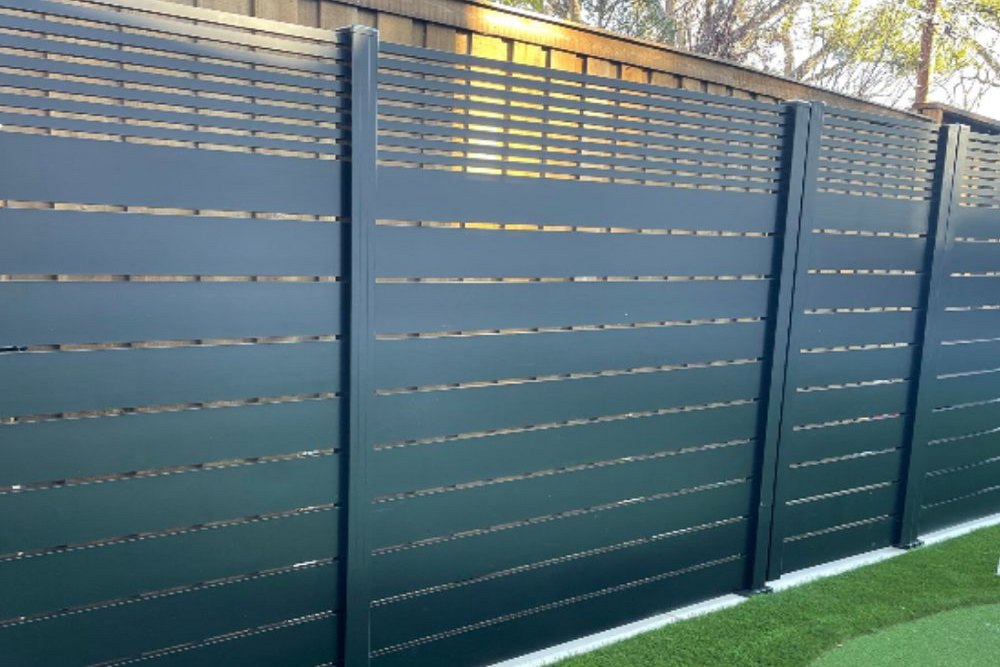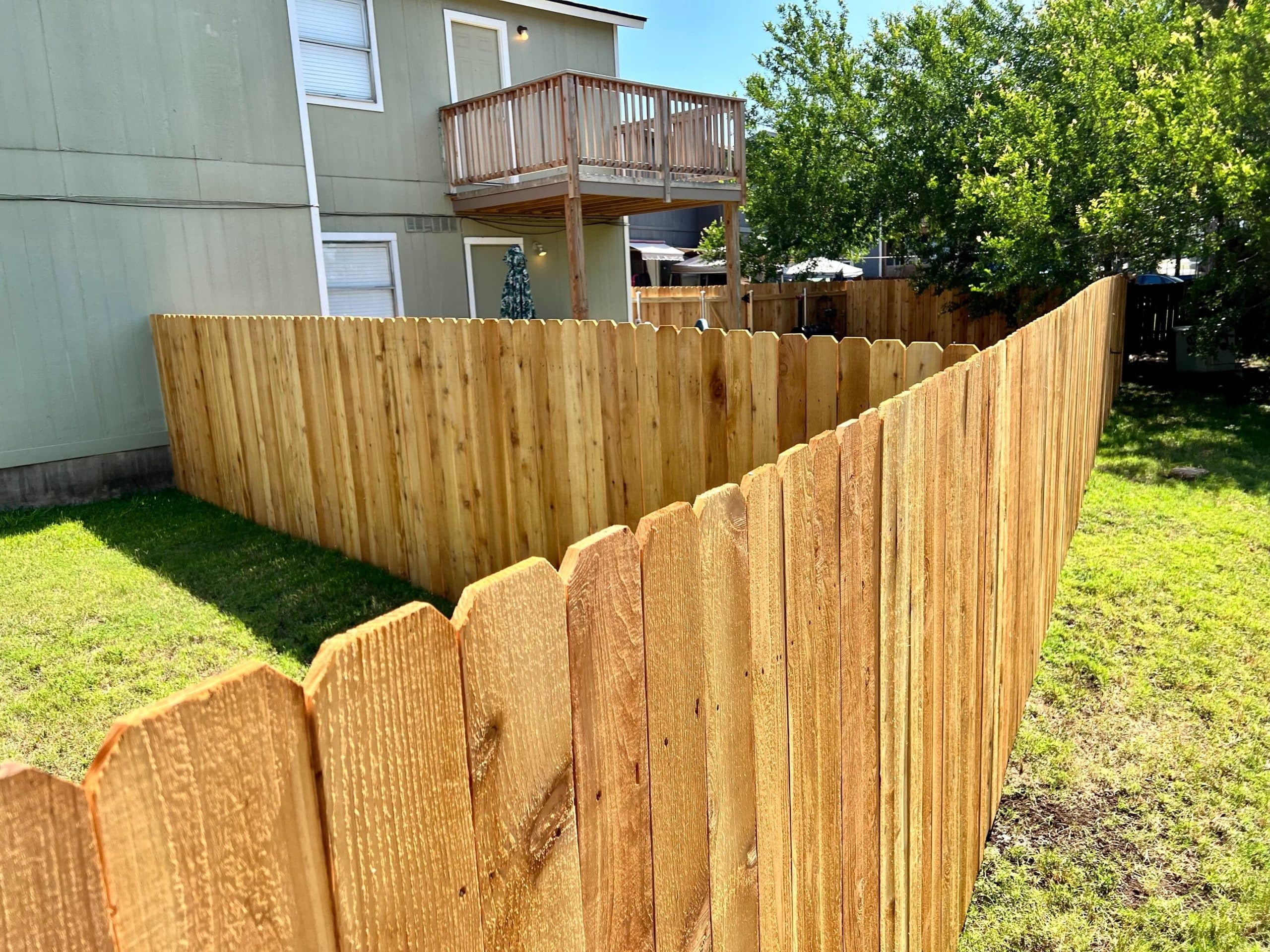Hidden Costs at House Auctions: What to Expect
Hidden Costs at House Auctions: What to Expect house auctions hold tantalizing promise. Competitive bidding can result in dramatic discounts. Yet beneath that gavel’s echo lie myriad expenses often overlooked by eager buyers. Understanding the house auction hidden costs is the fulcrum between a triumphant purchase and a financial quagmire. From nonrefundable deposits to unexpected lien payments, every step introduces potential pecuniary pitfalls. This comprehensive guide illuminates those obscured fees and obligations, arming you with the knowledge to navigate auctions like a seasoned connoisseur of real estate.
Auctions can be exhilarating. Seconds tick by. Your heartbeat quickens. Then the hammer falls. But the euphoria can quickly dissipate when settlement statements reveal unanticipated line items. By anticipating these expenses—some obvious, others subterranean—you can bid with confidence, budget robustly, and avoid post-auction remorse. Prepare for a deep dive into the labyrinthine world of house auction hidden costs.

1. The Auction Landscape: A Brief Overview
Before dissecting hidden costs, it’s essential to understand the auction process:
- Notice and Publication
Properties slated for auction—often due to foreclosure, tax liens, or estate settlements—are advertised in legal notices, newspapers, and specialized websites. - Pre-Auction Due Diligence
Buyers inspect homes, review title documents, and sometimes tour the property. Yet many auctions sell “as-is,” limiting recourse. - Registration and Deposit
Most auction houses require registration and a nonrefundable earnest deposit—often 5–10% of the anticipated bid range. - Bidding Event
In-person or online, competitive offers escalate until the highest bid prevails. - Post-Hammer Obligations
The buyer must sign contracts and pay the remaining balance within a strict timeframe, usually 30–45 days. Failure incurs penalties and forfeited deposits.
Each phase harbors its own set of fees and financial exposures. Recognizing these is the cornerstone for mastering house auction hidden costs.
2. Registration Fees and Earnest Deposits
2.1 Registration or Entry Fees
Some auction platforms levy a flat registration fee—ranging from $100 to $500—simply to gain bidding access. It’s an upfront cost that many novices overlook.
Key Point: This fee is nonrefundable whether you win or lose.
2.2 Earnest Money Deposits
To deter frivolous bids, auctions require an earnest deposit:
- Typical Range: 5–10% of the opening bid or estimated fair market value.
- Payment Methods: Wire transfers, certified checks, or cashier’s checks—processed before the auction begins.
Tax Tip: These deposits generally apply toward your purchase price if you win, but they vanish if you fail to close.
3. Buyer’s Premium and Auction House Commissions
3.1 The Buyer’s Premium
Not all auctions incorporate a buyer’s premium, but many do—especially seller-financed or estate auctions:
- Definition: An additional percentage (commonly 5–10%) of the hammer price added to the final bid.
- Example: A winning bid of $200,000 with a 7% buyer’s premium yields a total due of $214,000.
3.2 Commission Variations
Commission structures vary:
- Flat-Fee: A fixed cost regardless of sale price.
- Tiered Percentage: Sliding scales—e.g., 10% on first $100,000, 5% thereafter.
- Hybrid Models: Combining flat and percentage components.
Strategy: Factor this premium into your maximum bid to avoid overpaying.
4. Inspection, Appraisal, and Title Report Costs
4.1 Limited Inspection Rights
Many auctions disallow property walkthroughs. When permitted:
- Fee-Based Appointments: Auction companies may charge $300–$1,000 for supervised inspections.
4.2 Third-Party Inspections and Reports
Savvy bidders commission:
- Home Inspectors: Checking structure, systems, and hazards—$300–$600.
- Pest and Mold Inspections: $150–$300 each.
Moreover, lenders often require:
- Appraisal Fees: $400–$800 for mortgage underwriting.
These diagnostic costs are pivotal to accurate budgeting and are wholly borne by the bidder.
4.3 Title Searches and Reports
Clear title is essential. Costs include:
- Preliminary Title Report: $50–$150 for lien and ownership data.
- Title Insurance Binder: Upfront premium (0.5–1% of purchase price) to guarantee future coverage.
Without rigorous title analysis, hidden liens or easements can saddle the new owner with unexpected obligations.
5. Outstanding Liens and Encumbrances
5.1 Tax Liens
Properties auctioned for delinquent taxes may carry:
- Unpaid Property Taxes: The buyer often inherits these debts, plus penalties and interest—sometimes exceeding 20% annually.
- Tax Lien Certificates: Purchasers may need to redeem certificates before obtaining clear title.
5.2 Mechanic’s Liens
Unpaid contractors can place liens:
- Priority Issues: Mechanic’s liens can take precedence over mortgages, obligating the new owner to settle construction debts.
- Lien Release Costs: Legal fees for clearing the title and bond releases can exceed $1,000.
5.3 HOA Dues and Special Assessments
For condominiums or subdivisions:
- Back Dues: Buyers may become responsible for unpaid Homeowners Association fees.
- Special Assessments: Unexpected levies for community repairs or improvements.
Practical Advice: Always obtain an HOA estoppel certificate to verify balances due.
6. Renovation and Repair Surprises
6.1 “As-Is” Condition
Auction properties often sell as-is, bestowing full repair responsibility on the buyer. Common unforeseen costs include:
- Structural Issues: Foundation cracks or roof failures—$5,000 to $20,000+.
- Mold Remediation: Hidden water damage can escalate to $2,000–$10,000.
- Asbestos or Lead Paint Abatement: Specialized removal may run $5,000–$15,000.
6.2 Urgent Repairs
Some auctions enforce tight closing windows—30 days or less—forcing expedited renovations at premium rates:
- Overtime Charges: Contractors charging 1.5–2× for rush jobs.
- Material Surcharges: Emergency sourcing increases costs.
Building a 10–20% contingency into your budget can absorb these exigencies.
7. Carrying Costs: Utilities, Insurance, and Vacant Property Fees
7.1 Utility Transfers and Deposits
Upon winning, buyers must assume or reestablish utility accounts:
- Deposits: $200–$500 per utility (electricity, gas, water).
- Transfer Fees: $20–$50 per account.
7.2 Insurance Prior to Closing
Lenders typically require:
- Hazard Insurance: Effective on closing date, with one year prepaid—costing $600–$1,500 annually.
Vacant or dilapidated properties can trigger:
- Vacant Property Surcharges: Insurers may levy 50–100% higher premiums due to elevated risk.
7.3 Local Vacant Property Registration
Municipalities sometimes mandate registration and fees for vacant properties:
- Annual Registration Fees: $100–$500.
- Code Enforcement Fines: For overgrown lots or structural hazards.
These house auction hidden costs compound rapidly if the property remains idle post-acquisition.
8. Financing Premiums and Appraisal Gaps
8.1 Hard Money Loans
Expedited auction closings often necessitate hard money financing:
- Interest Rates: 10–18% annually.
- Points: 2–5% origination fees, deducted upfront.
While fast, this debt is costlier than conventional mortgages.
8.2 Conventional Mortgages and Appraisal Challenges
Lenders require appraisals:
- Appraisal Gap Risk: Auction purchase prices sometimes exceed appraised value.
- Gap Coverage: Borrowers must cover the difference out-of-pocket or renegotiate with lenders.
This scenario can jeopardize deals if bidders lack sufficient liquidity.
9. Auction Adjournments and Rescheduling
9.1 Adjournment Penalties
Auctions postponed due to procedural issues may impose fees:
- Rescheduling Surcharges: $100–$300 per rescheduled lot.
9.2 Expiration of Financing Contingencies
Delayed closings can invalidate preapproved loans:
- Re-Underwriting Fees: $250–$500 for renewed approval.
- Rate Locks Expiration: Increased interest costs if rate locks lapse.
A robust timeline buffer helps mitigate these timing-driven house auction hidden costs.
10. Closing and Settlement Surprises
10.1 Unexpected Addenda
Last-minute contract addenda can create fresh liabilities:
- Survey Requirements: $400–$800 for boundary verification.
- Environmental Assessments: Phase I ESAs run $2,000–$4,000 when lender-mandated.
10.2 Conveyance Taxes and Stamps
In addition to transfer taxes, certain jurisdictions levy:
- Mansion Taxes: Higher rates (1–4%) on high-value properties.
- Mortgage Recordation Fees: $50–$200 based on loan amount.
These charges typically appear on the HUD-1 or Closing Disclosure, surprising unprepared buyers.
11. Post-Closing Maintenance and Taxes
11.1 Ongoing Property Taxes
Post-settlement, buyers assume property tax obligations, prorated at closing but owed annually thereafter. The tax rate can increase if the county reassesses the property’s value post-auction.
11.2 Homeowners Association and Common Charges
For condominiums or planned communities, ongoing dues, special assessments, and reserve funding contributions continue to accrue.
11.3 Unexpected Municipal Levies
Cities sometimes impose retroactive fees—sewer connection surcharges, stormwater management fees, or sidewalk repairs—often several thousand dollars.
12. Strategies to Mitigate House Auction Hidden Costs
- Comprehensive Due Diligence
- Secure title and lien searches early.
- Commission inspections and environmental assessments if allowed.
- Conservative Budgeting
- Allocate at least 15–25% of the purchase price for hidden expenses.
- Maintain a contingency fund for emergent repairs and fees.
- Flexible Financing Arrangements
- Prequalify for both traditional mortgages and hard money options.
- Negotiate rate locks and appraisal gap provisions.
- Professional Advisory
- Engage real estate attorneys for contract vetting.
- Consult tax professionals on transfer taxes and depreciation opportunities if converting to rental.
- Timeline Management
- Monitor auction schedules and prepare for potential adjournments.
- Align vendor availability with closing deadlines to avoid premium rush fees.
Proactive planning transforms the unknown into calculated risk rather than blind peril.
The allure of auctions lies in competitive advantage and potential savings. Yet beneath the surface lurk numerous house auction hidden costs—from registration fees to lien payoffs, from expedited repair premiums to unforeseen municipal levies. A holistic understanding of these expenses empowers buyers to bid strategically, secure favorable financing, and avoid fiscal distress post-purchase.
While auctions demand boldness, they reward preparation. By conducting meticulous due diligence, budgeting comprehensively, and engaging seasoned professionals, you can transform an auction triumph into a long-term asset rather than a financial pitfall. The next time the gavel falls, let it herald wise investment founded on clarity—not regret rooted in the unanticipated.








